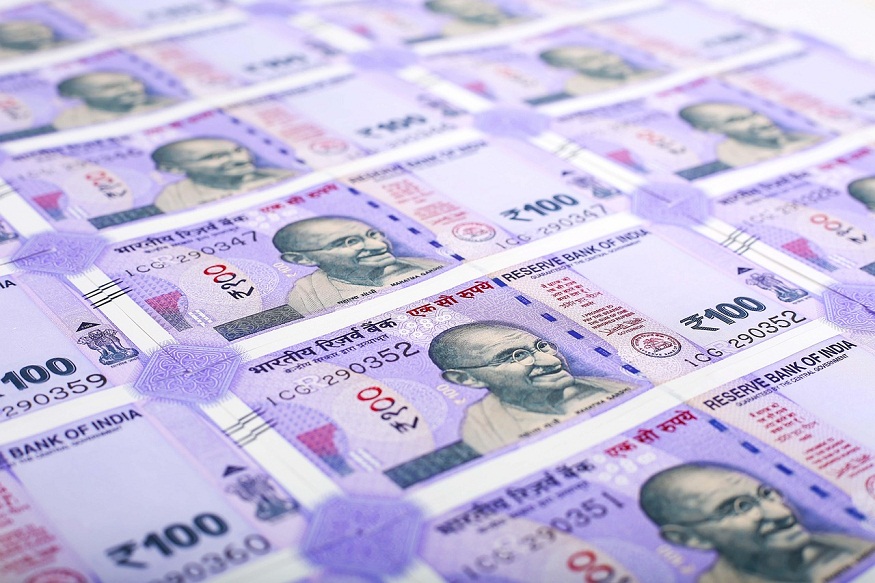Personal loans can be a good option if you are short of money — it could be for a medical emergency, debt consolidation, or a planned event such as a wedding. However, they have also affected your long-term financial condition, especially your credit score, after satisfying short-term financial needs.
Your credit score is a number that adequately represents your borrowing and repayment history. Every loan you receive, every installment you make or omit, and even looking up your credit repeatedly can affect the score. If you decide to get a loan through a mobile application, it is very important to understand the impact on your credit score before proceeding.
How a Personal Loan Can Improve Your Credit Score
In case of a reasonable use, a personal loan may indeed extend your credit reputation through the period. Here is how:
- Build Credit History: If you have never borrowed, taking out a personal loan and repaying it in time constitutes a record. Moneylenders prefer applicants with a past credit history to those with none.
- Adds to Credit Mix: Credit bureaus love to have a variety of credit types in their portfolio — it can be credit cards, home loans, or personal loans. A variety tells them you are able to manage different debt types responsibly.
- Helps with Debt Consolidation: If you decide to take a personal loan to consolidate multiple credit card bills into one EMI, you can reduce your credit utilization ratio and improve your score. Apart from that, you will be able to focus on just one repayment schedule instead of several.
- Timely Payments Reflect Positively: A trusted on-time EMI will be your credible mark. Continued repayment creates confidence with future lenders and, in that way, it raises your score.
When a Personal Loan Can Damage Your Credit Score
Undoubtedly, one should bring personal loans, as they have benefits but misuse or poor financial planning may result in a fall in credit score. Here is a list of what you should be aware of:
- Missed or Late Payments: Even one missed EMI will probably affect your score negatively. Payment history is the most significant factor in credit score computation, and delay hints lack of financial discipline.
- High Loan Amounts vs. Income: If you take such an amount of loan that your income seems to have no proportion with it, then that would be an indication of risk. In case your EMIs are so high that they make your budget too tight, missing payments will become more probable.
- Too Many Loan Applications: If you apply for a credit several times to several lenders or multiple times to different loan apps within a short period, it can cause an increase in hard inquiries. Each one reduces your credit score a little bit and is a sign that you are looking for credit desperately.
- Default or Pre-closure Without Planning: Defaulting on a personal loan will bring your score down drastically. Furthermore, pre-closing your loan too early and without making sure of the terms may not always be seen as a positive action, especially if you do not have other active credit left.
Monitoring Your Credit After Taking a Loan
It becomes imperative to keep checking the credit score regularly after availing a personal loan. Many borrowers are of the opinion that making the EMIs on time is sufficient — but mistakes in reporting or incomplete loan closure details can also be the cause of the score going down without one’s knowledge.
Each of the four major credit bureaus in India, namely CIBIL, Experian, Equifax, and CRIF High Mark, permits one to download their credit reports for free once a year per bureau. Some loan app platforms also allow you to track your score on a monthly basis in their dashboard.
Tips to Minimise Risk and Maximise Benefit
- Borrow only the amount that you really need and that you can easily repay.
- Opt for a reasonable loan tenure and do not be tempted to choose a longer tenure just for a lower EMI.
- Give clear instructions to the bank to automatically debit your EMI.
- If you do not have to pay any fees, then keep your older credit cards or loans open to extend the length of credit history.
- It is better to avoid applying for new credit while you are repaying the existing one unless the situation demands so.
Personal Loan vs. Credit Card Impact
A personal loan may even be more advantageous to your credit score compared to the revolving credit card debt you have. That’s because personal loans come with a fixed EMI and a repayment schedule, while credit cards high-interest invariably result in long arrears.
In case you are consolidating card debt or just replacing card usage with a personal loan, the result will be a better credit utilise.
Conclusion
Basically, both good or bad a personal loan can be for your credit score, it mainly depends on you, whether you handle it properly. Your score can be raised by timely payments and afforded borrowing and, on the other hand, missing payments and overspending can cause a downfall. Whether it is a bank or a loan app through which you are applying for the personal loan, consider it a financial obligation rather than a quick solution. If you strike a good balance, then it can turn into a mandatory element in your journey of building a strong credit profile and maintaining it.

